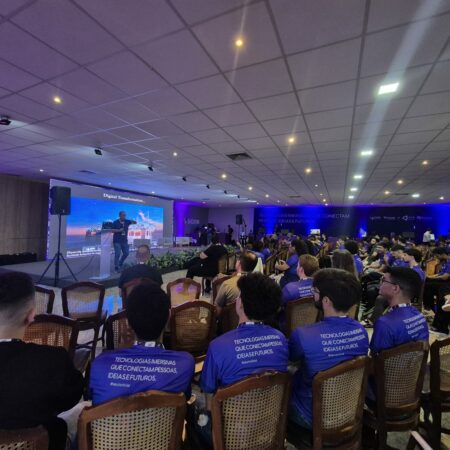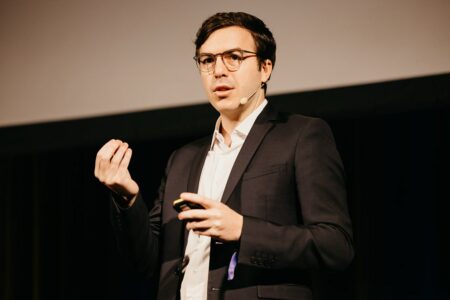 This is our (pretty much) weekly post summarizing startup news from Brazil in English:
This is our (pretty much) weekly post summarizing startup news from Brazil in English:
–Templum, based in Campinas, has built an online system called ISO Online which has quickly grown to serve 400 clients and is projecting revenue of R$4.5 million in 2012. The platform was launched in 2010 and allows remote implementation of the ISO 9001 certification.
–BoaLista, a supermarket app which was a finalist for the IG Startup Prize, has been featured in the Brazilian App Store, where their number one position has led to numerous downloads. Entrepreneur Fabio Freitas says the mention of the app on a popular television program last week has helped it gain attention.
–Last week’s Startup Weekend in Porto Alegre led 40 startup ideas, 14 projects, and 3 winners. First place went to to PagoTanto; second place went to NossoBus and 3rd to DoGood.
Full post in Portuguese (with video pitches and interviews).
–New service YepDoc aims to put patients and doctors in touch, following the model of the US ZocDoc. It allows patients to schedule appointments without making phone calls or waiting for the office to be open. Doctors can create online profiles and keep an eye on their schedules online. They pay a monthly fee to participate. YepDoc launched in January and is under the care of German incubator Rocket Internet.
Full post in Portuguese.
MIT and the Instituto Universitário Lisboa are preparing the third Building Global Innovators business plan competition. 20 startups from Portugal, Spain and Latin America will be selected to compete for 2 million euros in investment, mentoring and other prizes.
go2doc, an online healthcare scheduling platform, has launched in São Paulo. It has investment from Valor capital Group and businessman Florian Otto. go2doc allows patients to research and select a doctor, schedule appointments and view and make recommendations.
-Rocket Internet has backed business card site Zocprint, offering 100 free business cards to small business owners. The site also offers design and printing of banners, envelopes and other materials. Similar sites are common in the US and Europe, but have not been in Brazil.


